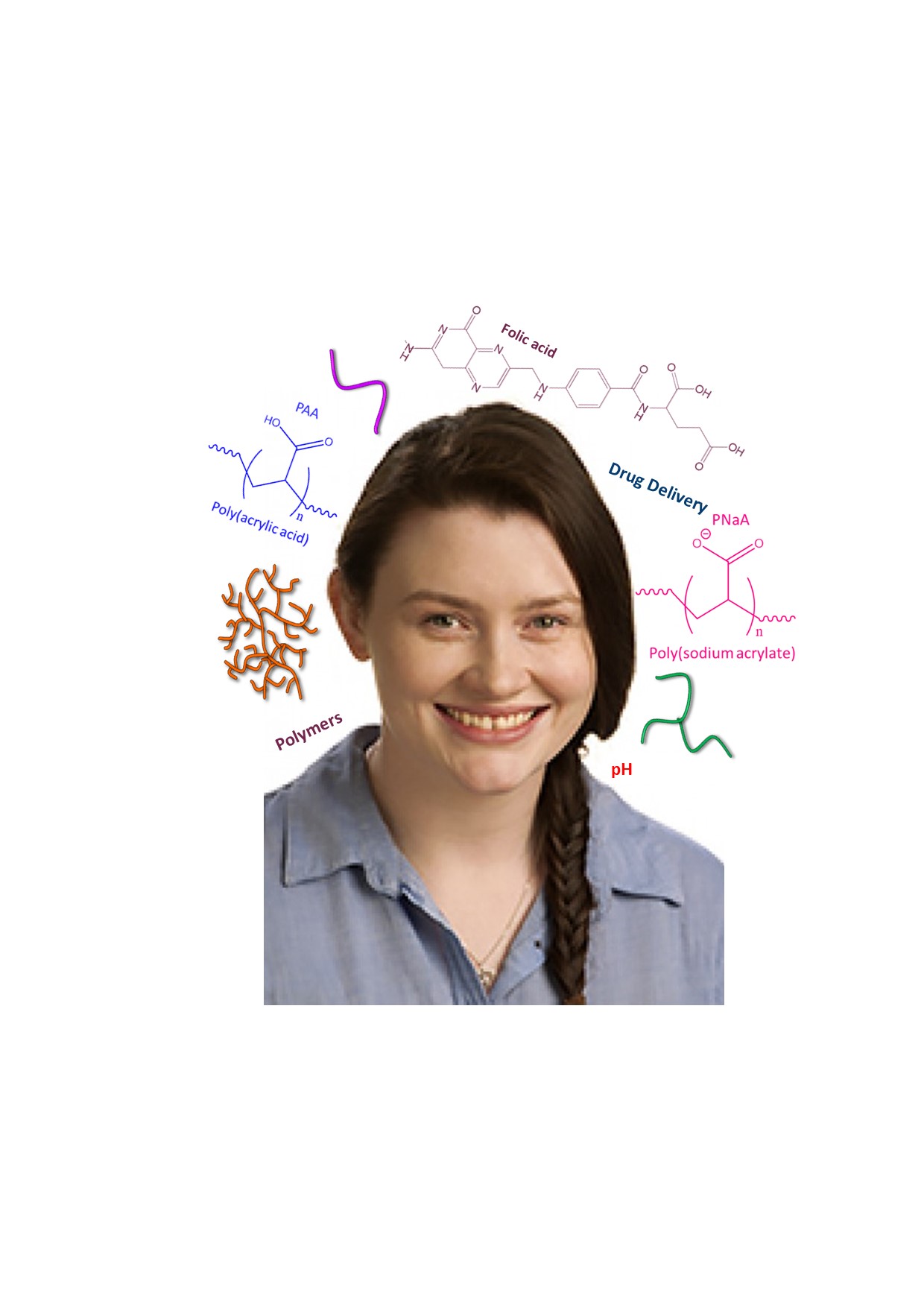"Poly(sodium acrylate) - Branching out from standard delivery systems."
PhD exit seminar by Elizabeth Whitty of the Callaghan Group. Research School of Biology - Division of Biomedical Science and Biochemisitry.
Speakers
Event series
Content navigation
Description

Acidic tumour micro-environments are a hallmark of cancer and can have deleterious effects on many anticancer drugs. One potential way to circumvent this problem is to use drug delivery systems which can exploit this property in order to enhance the delivery of drugs to the tumour site. Poly(sodium acrylate) (PNaA) is one such delivery system that can respond to changes in environmental pH providing a unique opportunity for advancements in targeted drug delivery. In my project the anticancer drug cisplatin was focused on which is used to treat a number of cancers but suffers from poor stability, toxicity and pharmacokinetics. Attachment to PNaA may overcome these problems and increase cisplatins therapeutic effect by providing targeted delivery and increasing drug stability. The attachment of cisplatin to PNaA is reversable and release is theorised to correlate with alterations in environmental pH. In the present investigation we have undertaken the characterisation of the attachment of cisplatin to PNaA and established that cisplatin loaded polymers displayed a greater potency than observed with free drug. We have also investigated the potential for this selective drug delivery system to become an active targeting system by the incorporations of folic acid into its structure.
Location
Zoom Online Seminar:
https://anu.zoom.us/j/95867569630?pwd=bm9GaHAvdEZyaTNTa0wvT3JROTdVdz09
